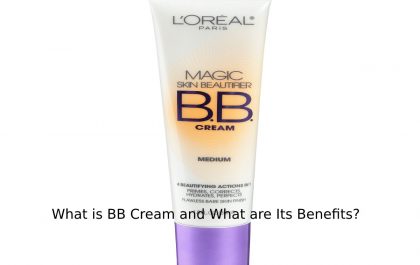Ghee Butter Health Benefits + Nutrition & Recipes – Ghee is a type of elucidated butter (butter without impurities) that has been used for thousands of years. Traditionally used in cooking, ghee has potential health benefits when consumed in moderation, including heart protection. Read on to learn about the possible health benefits of ghee, nutritional information, and recipes.
Table of Contents
What is Ghee (Butter)?
Ghee, or grita (Ayurveda), clarified butter or butter oil, is pure milk fat. It is made by heating milk or cream to evaporate the water and filter the milk solids. Ghee is considered the healthiest fat in some cultures (Ayurveda). Very low in milk proteins (casein and whey) typically found in dairy products
As a source of dietary fat, ghee has been used in various culinary preparations, especially in India.
Is Ghee Dairy Free?
Ghee contains very little lactose, the milk sugar that affects lactose intolerant people. It’s also low in galactose (another lactose), milk, casein, and whey protein. All of this makes ghee suitable for use in a dairy-free diet.
Is the Ghee Vegan?
Although ghee is consider dairy-free, it is not vegan because it is derive from animal products (milk or cream)
Component
Ghee comprises 99-99.5% fat: saturated fat, cholesterol, omega-3 fatty acids, and unsaturated fats. The omega-3 fatty acids found in ghee are primarily linoleic acid and docosahexaenoic acid (DHA). The composition and quality of ghee vary depending on the source of the milk (cow, goat, sheep, or buffalo) and how the ghee is produce (see Section: Traditional vs. Industrial Preparation). The remaining 1% is water, trace amounts of milk proteins (casein and whey), carotenes/carotenoids (antioxidants), and vitamins (vitamins A, D, K, E).
How Does it Work – Ghee Butter Health Benefits Nutrition
Active Ingredients of Ghee
The most active components of ghee are linoleic acid (conjugate linoleic acid and alpha-linolenic acid), docosahexaenoic acid (DHA), and vitamin K. Linoleic acid and DHA are omega-3 fatty acids with many health benefits. Human. Omega-3 fatty acids consider essential because the body cannot produce them. Vitamin K is a group of mixes with similar structures important for heart and bone health.
Linoleic Acid – Ghee Butter Health Benefits Nutrition
Linoleic acid has antioxidant, anti-inflammatory, and anti-allergic properties. Increases the activity of enzymes (catalase and superoxide dismutase) that prevent oxidative damage to cells. In addition, it reduces the amount of fatty tissue in the liver and muscle by increasing the activity of another enzyme (carnitine palmitoyltransferase I) involved in the breakdown of fat.
In addition, linoleic acid reduces inflammatory markers such as leukotrienes, prostaglandins, and interleukins.
Docosahexaenoic Acid (DHA)
However, docosahexaenoic acid (DHA) is a vital constituent of the brain and eye tissue (the outer layer of cells) and aids cell signaling. For example, in retinal cells of the eye, DHA promotes the response of a protein (rhodopsin) involved in signaling to the brain.
In addition, DHA activates specific receptors (peroxisome proliferator-activated G protein-coupled receptors), which help increase insulin sensitivity, reduce inflammation, and lower blood fat levels.
Vitamin K
Vitamin K promotes the function of proteins involved in blood clotting and calcium regulation. So, Vitamin K2 is involve in calcium transport and improves bone strength
Ghee in a Diet
Dosage
Due to a lack of research, there is no exact recommend dose of ghee. However, it was influential in this experiment, with no associated side effects.
Related posts
Featured Posts
Shielding Your Skin: Understanding the Impact of Electronic Device-Generated Light (EDGL)
In today’s fast-paced world, electronic devices have become integral to our daily lives. From smartphones to laptops, we are constantly…
What is BB Cream and What are Its Benefits?
BB Cream and Its Benefits BB Cream to have you heard anything about the new competition to the traditional bases? …




